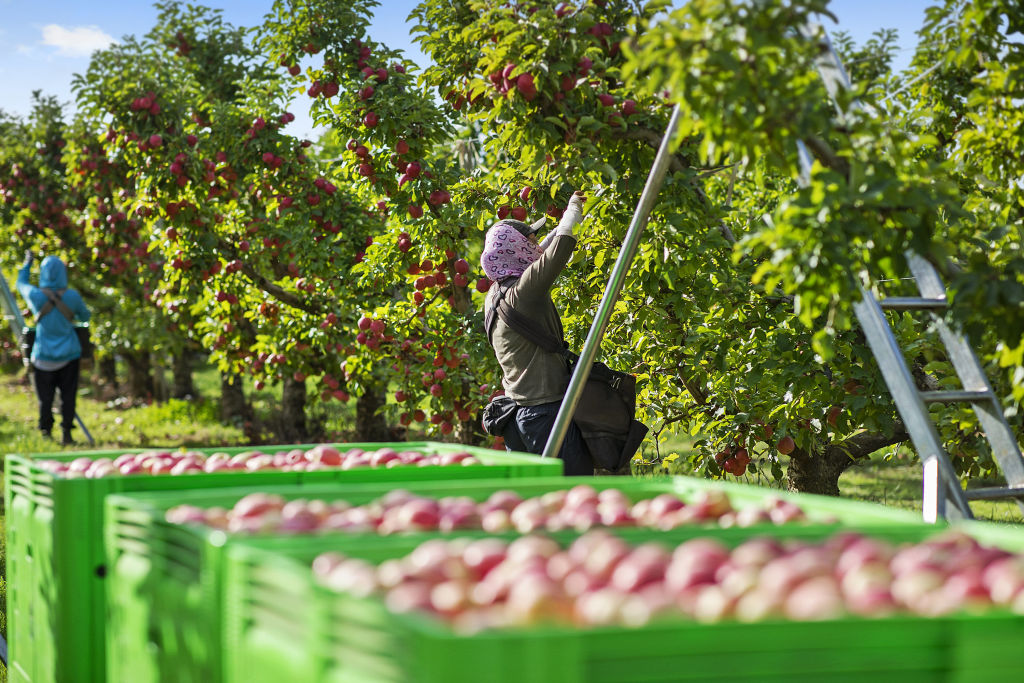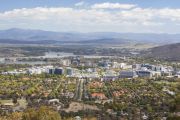
Sale and lease back of agricultural land a growing trend
Agricultural assets are becoming an ever more popular property class for investors, particularly if they can be bought and leased back to the operators to minimise the risks.
At the same time, more owners are cashing in on their farming operations but are usually happy to continue what’s often a lifetime of working in the business.
“Buying and re-leasing capital is good because people want to continue to operate the farm, but don’t necessarily want to own it,” said Rawdon Briggs, head of agribusiness at Colliers International. “It might be a better option than going to the bank for equity.
“And investors are wanting exposure to agriculture, and leasing agricultural assets means avoiding the conventional risks of drought and weather events.”
He was speaking after the publication of a new Radar Report from Colliers International, Agribusiness: The rise of agricultural sale and leaseback transactions in Australia, which reveals the value of Australian agriculture is predicted to rise from $60 billion in 2019 to $100 billion by 2030.
With the World Bank and International Monetary Fund forecasting global capital to shrink by 5 or 6 per cent in 2020, Colliers’ analysts pinpoint agribusiness investments as being a resilient asset class over the short to medium term.
The rising middle class in Australia’s neighbouring countries continue to see Australia as a clean, green grower, and demand for our foodstuffs is still on an upward trajectory.
Meanwhile, only about 28 per cent of farms here are leased – compared with nearly 40 per cent in the US – but that may be changing rapidly, with about $2.15 billion of agricultural assets being sold and leased back in the past two and a half years.
One agribusiness currently on the market is a vertically-integrated fresh produce firm Orsida Fresh, with 315 hectares in Cobram, on the Murray River in Victoria, and 250 hectares of that growing citrus, stone fruit and apples.
A father-and-son firm, it’s understood the son who is taking over the business could be happy to stay on as the lessee or tenant.
“The father probably wants to take it a bit easier, but the son is possibly looking for a lease back going forward, or would also be prepared not to, if necessary,” said Colliers International Adelaide agent Tim Altschwager, who’s selling the business by negotiation with a price guide of about $30 million.
“His family built the business and it’s well-established and fully-integrated, so they sell their own produce to their own markets and brand. It’d be a great asset.”
The buyer, going on current trends, could be anyone, from ASX-listed real estate investment trusts to high-net-worth individuals, from domestic companies and institutional capital to foreign purchasers keen to have a stake in the Australian economy.
Many will be attracted by the fact that leased agricultural assets are performing well in the current pandemic-hit environment, compared with more traditional forms of commercial real estate investment, such as office, retail and hotels.
Having a lessee who is vertically integrated means margins can be maintained, says the Colliers Radar report, in order to mitigate against any seasonal conditions, natural disasters, commodity price fluctuations and changes in routes to market.
A good example is the ASX-listed Costa Group, a fruit and vegetable business which has freed up capital by selling and leasing back assets, so they can invest into other operational activities.
“It’s very rare to have a default on an agricultural lease,” Mr Briggs said. “Even a drought wouldn’t make any different to the balance sheet. Sale and leaseback isn’t new in the commercial property sector but it is becoming more popular.”
Get a weekly roundup of the latest news from Commercial Real Estate, delivered straight to your inbox!






